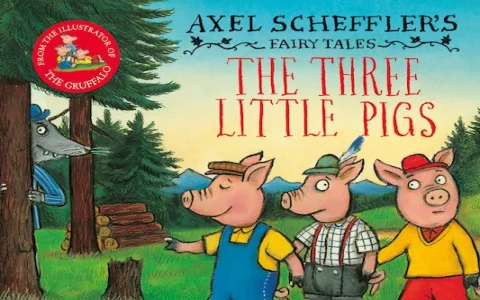This story is about two former cowherds—the cormorant and the hoopoe. They are no longer human but have turned into birds, yet they still call out the words they used in the past. One keeps shouting, “Come back, cows, come back,” while the other repeatedly cries, “Get up, get up, get up.” Why do they behave this way? The answer lies in how they used to herd cows.
How did they herd the cows?
In the old days, the cormorant was responsible for driving the cows to a lush, green meadow. The grass was so thick and green that the cows would scatter and run wild as soon as they entered, eating until they were so full they could barely move. They were so happy they didn’t listen to any commands. When it was time to go home at night, the cormorant shouted himself hoarse: “Come back, cows, come back!”” But the cows paid no attention to him and continued to run around everywhere.
On the other side, the hoopoe did the exact opposite. He took the cows to the top of a mountain, where there was nothing but sand and hardly any grass. The wind blew so hard that it was difficult to keep one’s eyes open, and the cows couldn’t eat enough. They grew thinner day by day until they could no longer stand up. In the evening, he wanted to drive the cows back, but they were all lying on the ground and wouldn’t move.He shouted in desperation, “Get up, get up, get up!” But the ox was too weak to move.
What happened next?
Because neither of them took good care of the ox, one let it run wild, and the other let it starve, neither of them could do their job properly.They were punished and could no longer be cowherds, so they turned into birds. The cormorant still cries out every day, “Come back, cows,” just like when he couldn’t control the cows; the hoopoe keeps calling, “Get up, get up,” as if calling the cows that can’t stand up.

What is the truth behind the story?
Actually, this story isn’t really about birds and cows. It’s about not going to extremes in what you do.
You can’t give too much of something, nor can you give nothing at all.
It’s like herding cows: if the grass is too good, the cows will run wild; if there is no grass, the cows will collapse.
The same goes for people and their work: being too lax is no good, but being too strict is also no good.
What moral does it teach us?
This story tells us that we must find a balance in everything we do.
For example, teachers can’t ignore their students, but they also can’t scold them every day.
Parents can’t give their children everything they want, but they also can’t take away all their freedom.
Many things in life are like this—getting by is the best.
What the old herdsman meant by “where the grass is neither too lush nor too sparse” is actually this:
Don’t be too good, don’t be too bad, just right is fine.
This is the way to do things well.










